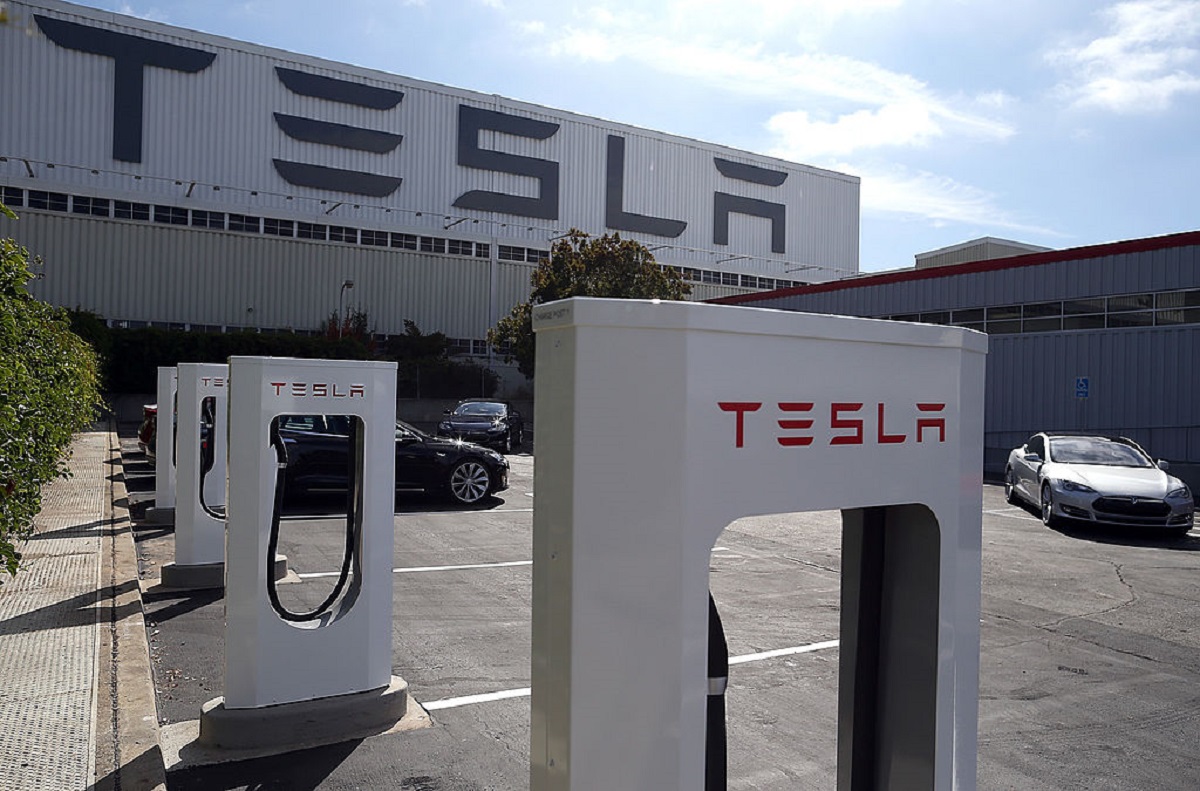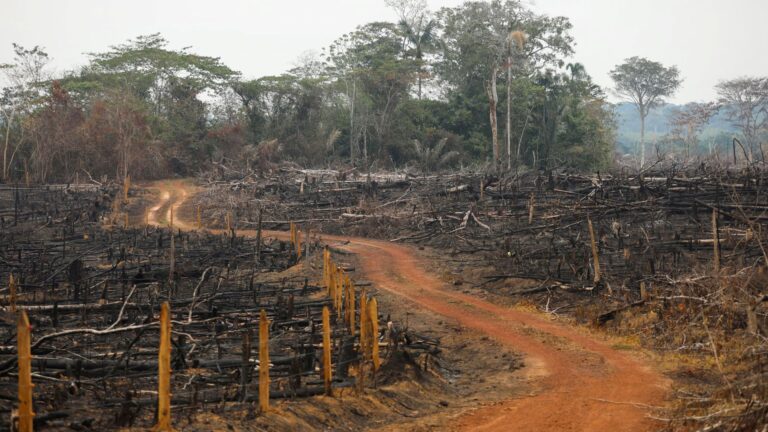
FREMONT, CA - AUGUST 16: A row of new Tesla Superchargers are seen outside of the Tesla Factory on August 16, 2013 in Fremont, California. Tesla Motors opened a new Supercharger station with four stalls for public use at their factory in Fremont, California. The Superchargers allow owners of the Tesla Model S to charge their vehicles in 20 to 30 minutes for free. There are now 18 charging stations in the U.S. with plans to open more in the near future. (Photo by Justin Sullivan/Getty Images)
Tesla is once again under the regulatory microscope for environmental violations at its Fremont factory. The Bay Area Air Quality Management District (BAAQMD) has mandated the electric vehicle manufacturer to reduce emissions after recording more than 100 air quality violations since 2019.
BAAQMD Orders Emission Reductions
On Wednesday, June 26, 2024, the BAAQMD issued an order requiring Tesla to curb harmful and toxic emissions from its Fremont plant. This directive comes after the district noted persistent air quality violations over the past five years, highlighting ongoing concerns about the environmental impact of Tesla’s operations.
Legal Actions for Hazardous Waste Disposal
Earlier this year, Tesla faced significant legal challenges from various California counties. In February, eight Bay Area counties, along with 17 other counties across the state, filed a lawsuit against the company. The suit alleges that Tesla illegally disposed of hazardous waste generated at its factory and auto-service centers. According to district attorneys, Tesla violated regulations related to the labeling, transportation, and disposal of toxic materials.
Settlements and Fines Over the Years
Tesla’s environmental compliance issues are not new. In 2022, the company settled with the U.S. Environmental Protection Agency (EPA), agreeing to pay $275,000 for violations of the Clean Air Act at the Fremont facility over a three-year period.
In 2021, Tesla reached a settlement with the BAAQMD, agreeing to a $750,000 fine. This settlement addressed 33 air quality violations that occurred since 2015. Furthermore, in 2019, Tesla settled another case with the EPA, agreeing to pay $31,000 for hazardous waste violations at the Fremont factory.
Ongoing Environmental Challenges
These legal and regulatory actions underscore the ongoing challenges Tesla faces in maintaining environmental compliance. Despite its commitment to producing sustainable electric vehicles, the company has repeatedly encountered issues related to air quality and hazardous waste management at its primary manufacturing facility. As Tesla continues to expand its production capabilities, ensuring adherence to environmental regulations remains a critical area for improvement.






